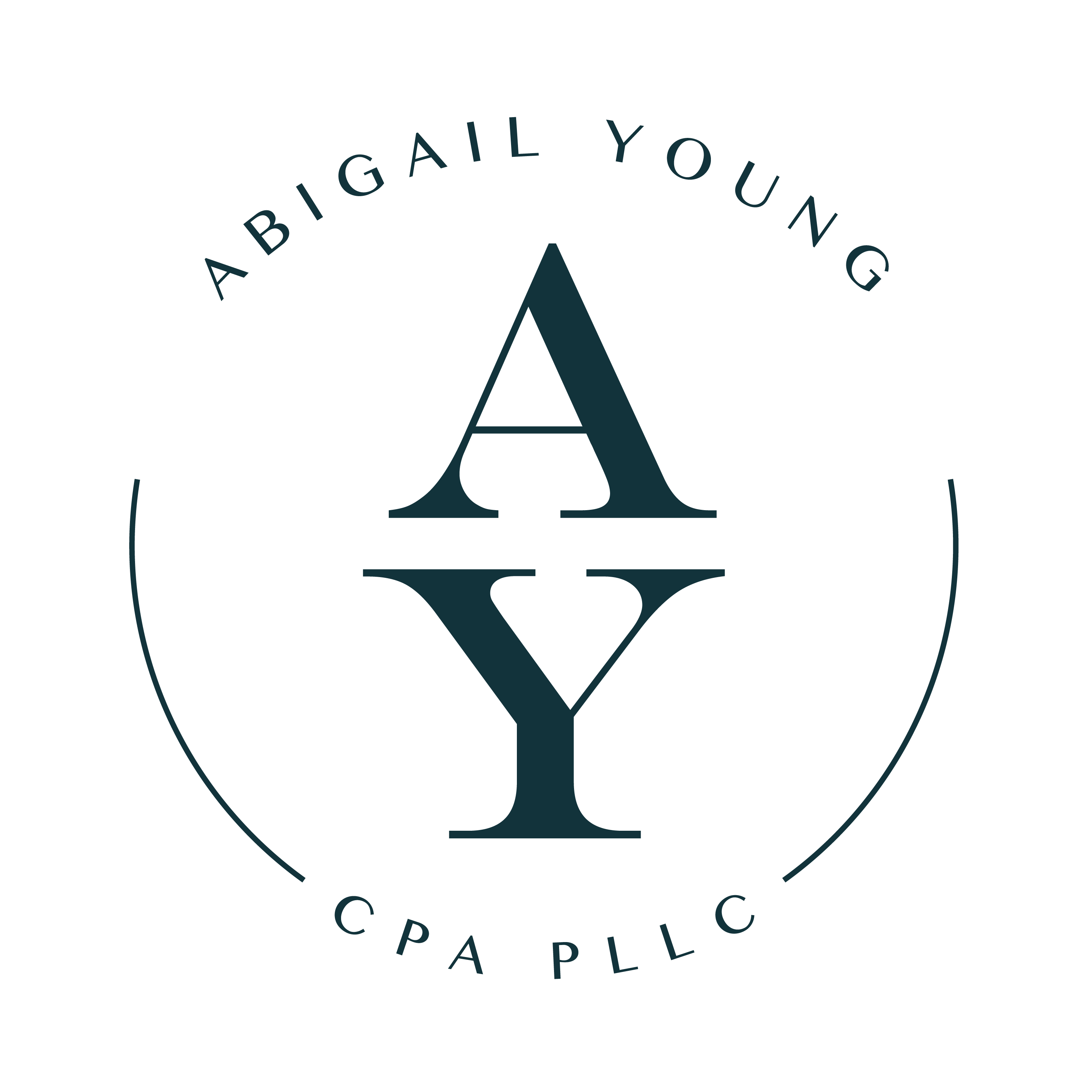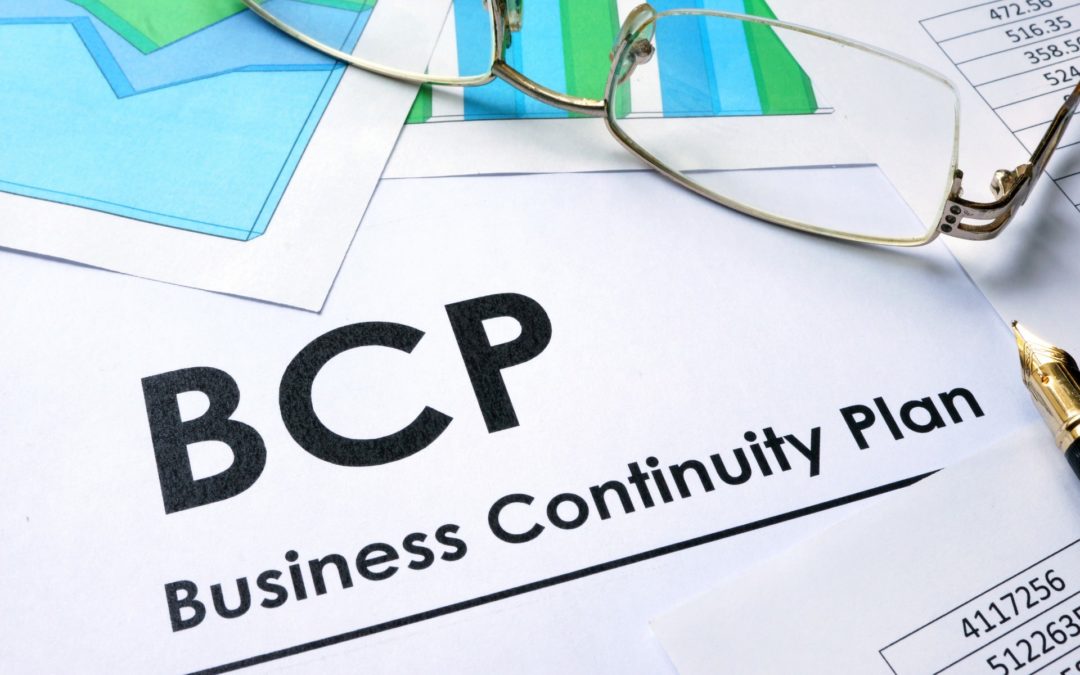What You Need to Know About a Business Continuity & Disaster Recovery Plan
As a business owner, what comes to mind when you hear the word, disaster? Do you imagine the rollout of a new product being disastrous? Perhaps you envision a business partnership gone astray in a single meeting.
Or do you think of a natural disaster such as a flood or fire that could negatively affect the health and success of your organization?
Whether you recognize it or not, real-world disasters can have a catastrophic effect on your business, and unfortunately, a large percentage of business owners are not prepared for such an event. According to the U.S. Small Business Administration, an estimated 25% of businesses do not open again after a major disaster. If you are not prepared with Business Continuity and Disaster Recovery Plan, you run the chance of falling victim to such a threat.
Preparation is always key in the business world and developing the right plan before disaster strikes can keep you safe from permanent damage. Let the McAllen CPA, Abigail Y. Murray, provide you with some keen insights into developing a solid Business Continuity and Disaster Recovery Plan.
What is a Business Continuity Plan (BCP) & Disaster Recovery Plan (DRP)
While a Business Continuity Plan and a Disaster Recovery Plan are essentially two different processes intended to keep your organization functioning after a disruptive event, the two work most effectively together.
These plans outline the procedures and instructions your business should take following an unplanned event and focus on:
- Identifying the risks that could disrupt your business.
- Analyzing how business operations could be affected including finances, human resources, assets, etc.
- The development of procedures and guidelines to mitigate these risks.
There are some notable differences between a BCP and DRP:
- A Disaster Recovery Plan focus primarily on restoring IT infrastructure and ensuring tech issues are easily resolved to maintain operations.
Why You Need a Plan
You need to remain competitive at all times and an adverse event can really push your business to the limit. This can be especially true if the vast majority of your business comes from local clientele.
Being able to keep your business processes functioning properly, your IT systems running as they should, as well as your employees working, is a must. Your company’s future literally depends on it.
Additionally, should you be one of the few local service providers that is able to withstand a disruptive event, your reputation (and customer base) can positively expand. Be the dependable company customers deserve.
Developing Your Business Continuity & Disaster Recovery Plan
The first step to developing a Business Continuity and Disaster Recovery Plan is to thoroughly assess your business finances and process to determine business areas that are vulnerable. This portion of the BCDR Plan is known as a Business Impact Analysis (BIA) and helps you to evaluate the impact a disaster could have on your business functions in terms of financial costs.
Once you have analyzed your businesses processes and financial aspects, you can begin to develop your plan. This should include:
- Identifying the scope of the plan.
- Identifying key business areas that would need attention in the face of a disaster.
- Identifying and documenting critical business functions.
- Identifying a realistic amount of downtime that your business could handle.
- Identifying communication infrastructure needs.
- Organizing and training your business continuity team.
- Developing a step-by-step plan for maintaining business operations.
- Performing BCP testing exercises.
Don’t forget to ask for insight from your team members who have already developed BCPs and DRPs. Through their experience, you might gain some meaningful ideas and better understand weaknesses that you didn’t know existed.
It’s also important to remember that adequate property, casualty, and business interruption insurances are essential to meet financial risks head-on. That means you need to (or have key personnel) read through your insurance contract(s) and ensure you have the proper coverages in place. Even if you don’t, ideally, you will be creating your Business Continuity and Disaster Recovery Plan with enough time to purchase any additional riders needed.
Additionally, disasters such as a hurricane, can cause extensive damage to both your office and equipment, so it is vital to establish how you will maintain operations and equipment. Computer equipment and data can play major roles in your business and protecting this equipment, as well as ensuring that data is secured on an off-site server, can keep critical business information safe.
Testing Out Your Plan & Moving Forward
Your Business Continuity Plan and Disaster Recovery Plan are only as effective as you are willing to make them. Developing a plan without “putting it to the test”, so to speak, means you are likely to miss a crucial weakness that could mean financial devastation to your business.
Testing your BCP and DRP can consist of:
- A team overview during which the plan is analyzed for weaknesses and missing procedures.
- Simulation testing during which a structured walk-through of a disaster event takes place. Team members analyze the plan during the process and help to restructure any areas of critical importance.
- Annual reviews of the plan to account for changes in technology, personnel turnover, and changes in the business.
Testing gives you the opportunity to find areas with room for growth.
Final Words
Your BCP and DRP do not have to be huge, complex manuals. A well defined step-by-step plan that is concise with key personnel and their responsibilities should suffice.
Business owners should also keep in mind that financial planning is pivotal for a disaster scenario. Without adequate financial planning, a fire, storm, or other disruptive events, can prove to be too much to handle. Don’t let a disaster ruin your business.
Abigail Y. Murray, CPA, LLC., is the McAllen corporate CPA you need to come out ahead. We have the experience, knowledge, and ability to help you through whatever financial situation you may be going through. Even better, we can help you to avoid an emergency altogether.
Contact us today at (956) 800-5600 to find out more about our corporate accounting services.


